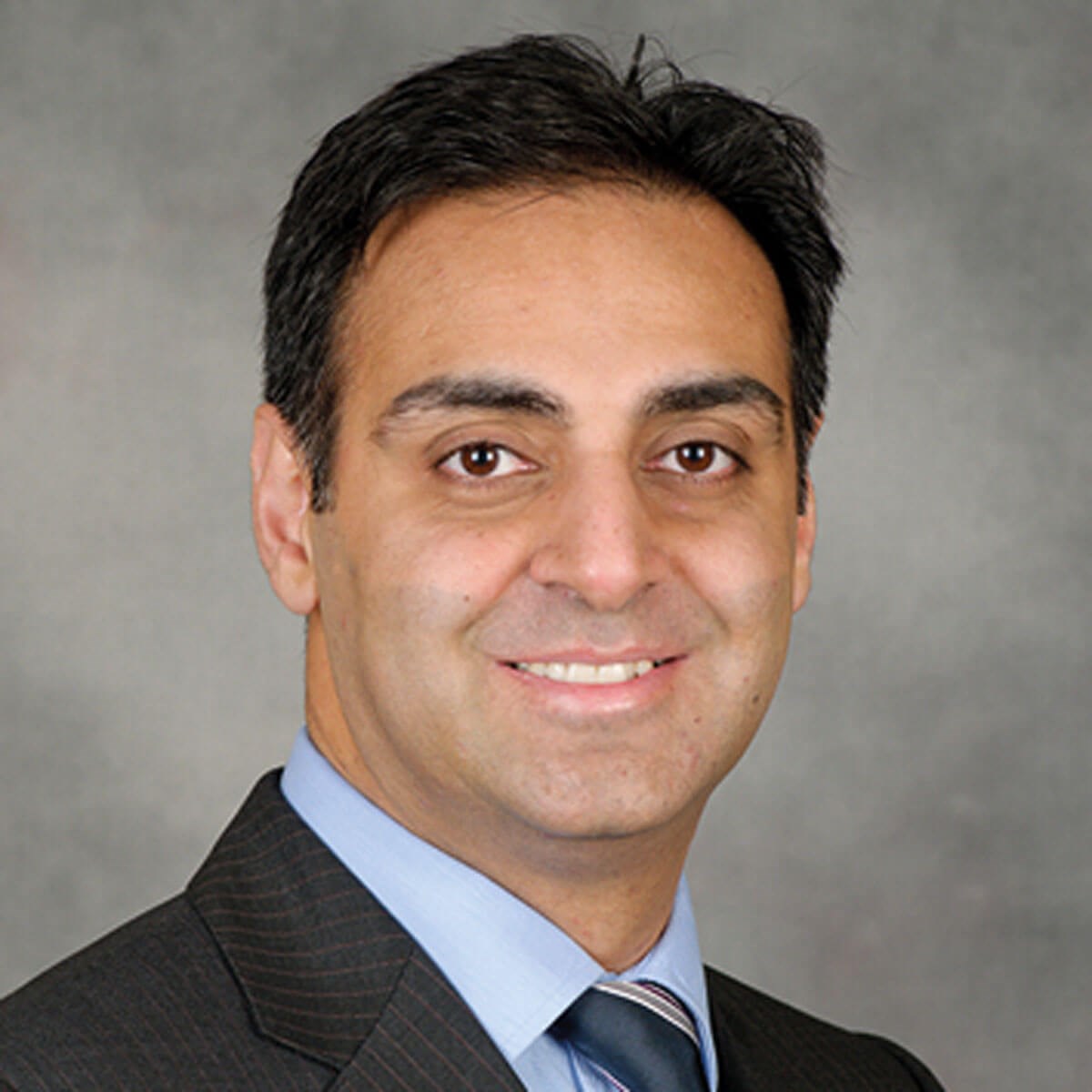
Imran Rahman, CEO and Consultant Ophthalmologist, CHEC, spoke to Chris Henson about tackling the COVID-19 backlog, community-based support for the NHS, and the digitisation of healthcare.

Without major intervention, will we ever see an end to the COVID-19-induced NHS backlog, and its effects on patients waiting for surgery, within eyecare?
Our healthcare system is under more pressure than ever, with the NHS currently facing record waiting lists of more than six million patients, and these are predicted to continue rising until 2024. Whilst the impact of COVID-19 has certainly exacerbated the situation, the backlog was already profound - four million people were waiting for treatment before the pandemic even started. But there are steps we can take.
The government’s decision to increase funding - including a £36bn increase from National Insurance rises - is helpful, but this alone will not be enough to provide a long-term solution to this crisis. But new strategies offer hope - by adopting a shared-care partnership model, for example, community-based services will be able to step in to relieve some of the pressure on the NHS. We see this approach as absolutely key to reducing the burden on the NHS and helping ensure patients get treatment faster.
What are the key effects the backlog has on patients? Are these mainly physical or psychological impacts?
Research has highlighted that for every 82 patients spending between six and eight hours in A&E, one would come to avoidable harm. It’s clear, then, that backlogs are having a profound effect on patient health.
This is especially true for patients who require eyecare treatment - where the turnaround for surgery often needs to be quicker. For example, the NHS recommends that cataract surgery patients do not wait for more than 18 weeks for treatment, but the average wait time for cataract surgery was nine months in 2021.
Research has revealed that a delay in treatment can lead to further eyesight issues and an increased risk of complications - which can have severe effects on the quality of life of patients - on mental, emotional, and physical levels. In fact, 22 patients a month lost their vision in 2021 as a result of waiting too long for surgery. Therefore, it is essential that the delivery of high-quality and efficient care for all patients is prioritised.
Which community-based services can support the NHS?
Community-based healthcare offers a variety of services and already provides support for around 100 million patients a year. And since community-based services have increased capacity, they are likely to be able to offer efficient and high-quality care within their communities more quickly - which can help to reduce pressure on the NHS.
Community-based care supports the NHS by offering elective care in local settings. CHEC’s ophthalmology services, for example, provide essential eyecare treatments in the heart of local communities - with CHEC treating more than half a million patients waiting for eyecare services in the UK.
CHEC are helping to digitise healthcare with their patient booking app - how does the app improve the patient journey?
Our recently launched patient booking app is one of our key initiatives to reduce NHS backlogs. The fact that the app allows patients on-the-go access to booking appointments means that they can be seen as quickly as possible. The app also determines how urgent an appointment is by allowing patients to instantly book the best slot for them.
Here at CHEC, we are always looking for new and innovative approaches to offer the best possible service to our patients. Improving the patient journey is at the heart of all we do, and with the introduction of the app, we have been able to minimise the likelihood of cancellations or missed appointments - which makes a difference to the accessibility and efficiency of our services.
Do you think it will catch on around the country, and is technology the key to beating the backlog?
Our world is increasingly reliant on technology, and the pandemic prompted an acceleration in the uptake of digital services across all sectors. However, a digital revolution specifically in healthcare is integral to making services accessible to all. Prioritising this will help healthcare leaders to implement more effective, and long-term, solutions to tackling backlogs.
CHEC’s patient booking app is already being used by over 50% our patients, and we have already seen how successful it has been in reducing the number of cancelled and no-show appointments within our services. If the NHS app, for example, was developed to include the option for users to book appointments with alternative services, like community-based care providers, this could make a massive difference to the current waiting times.
It's critical however, that when increasing digital uptake, we do not overlook patients who are unable or unwilling to use technology. Many prefer to use traditional methods of communication and engagement and it’s imperative that providers recognise that.
Could you tell us more about CHEC’s Home to Hospital™ transport services?
A recent survey revealed that 31% of adults found it hard to access healthcare during the pandemic, so our Home to Hospital™ service is another initiative that focuses on tailoring healthcare services to meet the individual needs of patients. Our Home to Hospital™ service offers our patients transportation to and from their eyecare surgery and appointments. Our minibuses are run by local drivers who have received training to enable them to support patients before and after their appointments.The service has been particularly beneficial in making treatment and surgery more accessible for patients who are elderly, and those with disabilities. Addressing healthcare inequalities is one of our main priorities, and the Home to Hospital™ service is another example of our mission to deliver patient-focused care in action.
Imran Rahman, thank you very much for speaking to Eye News.
COMMENTS ARE WELCOME










